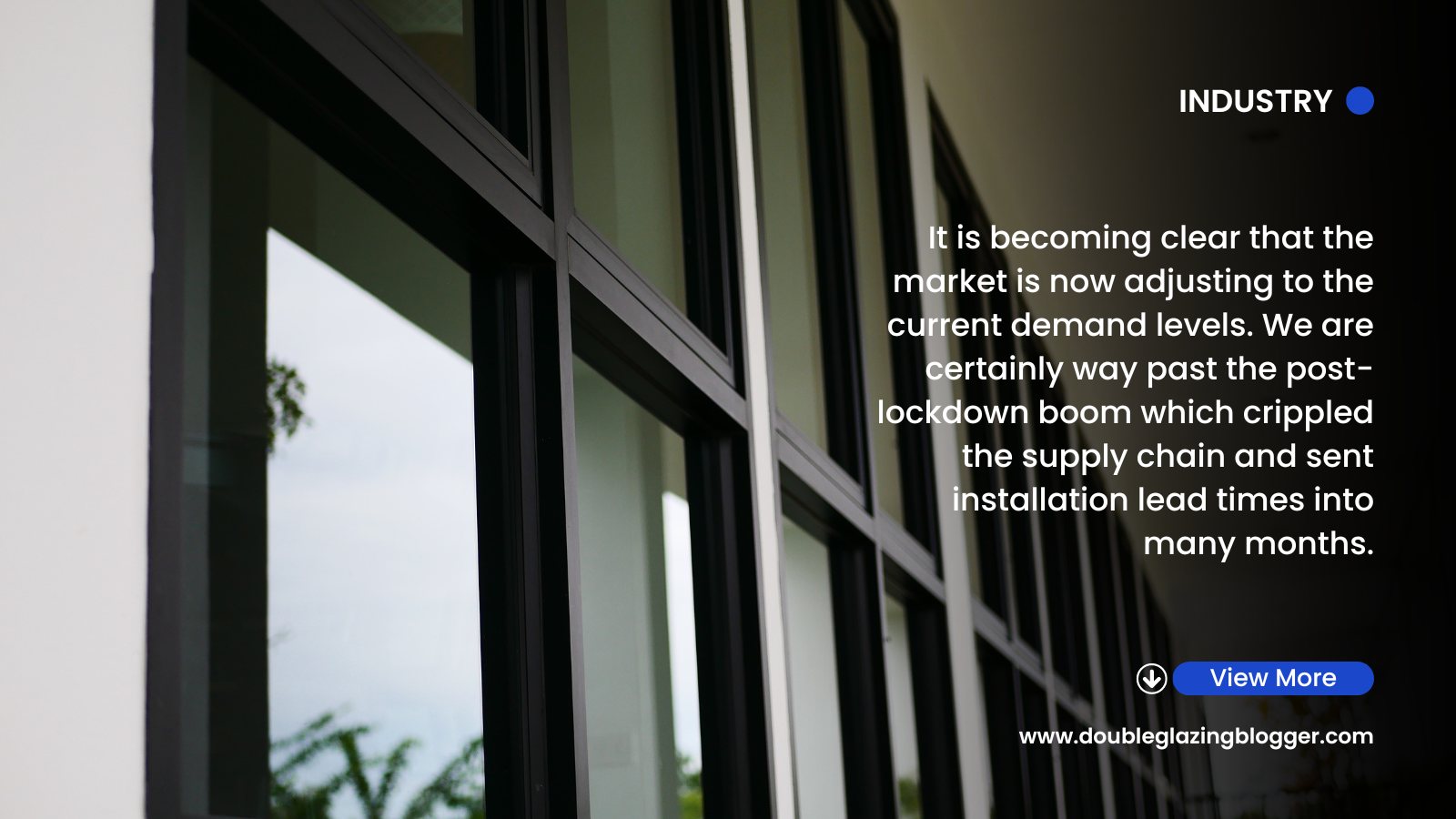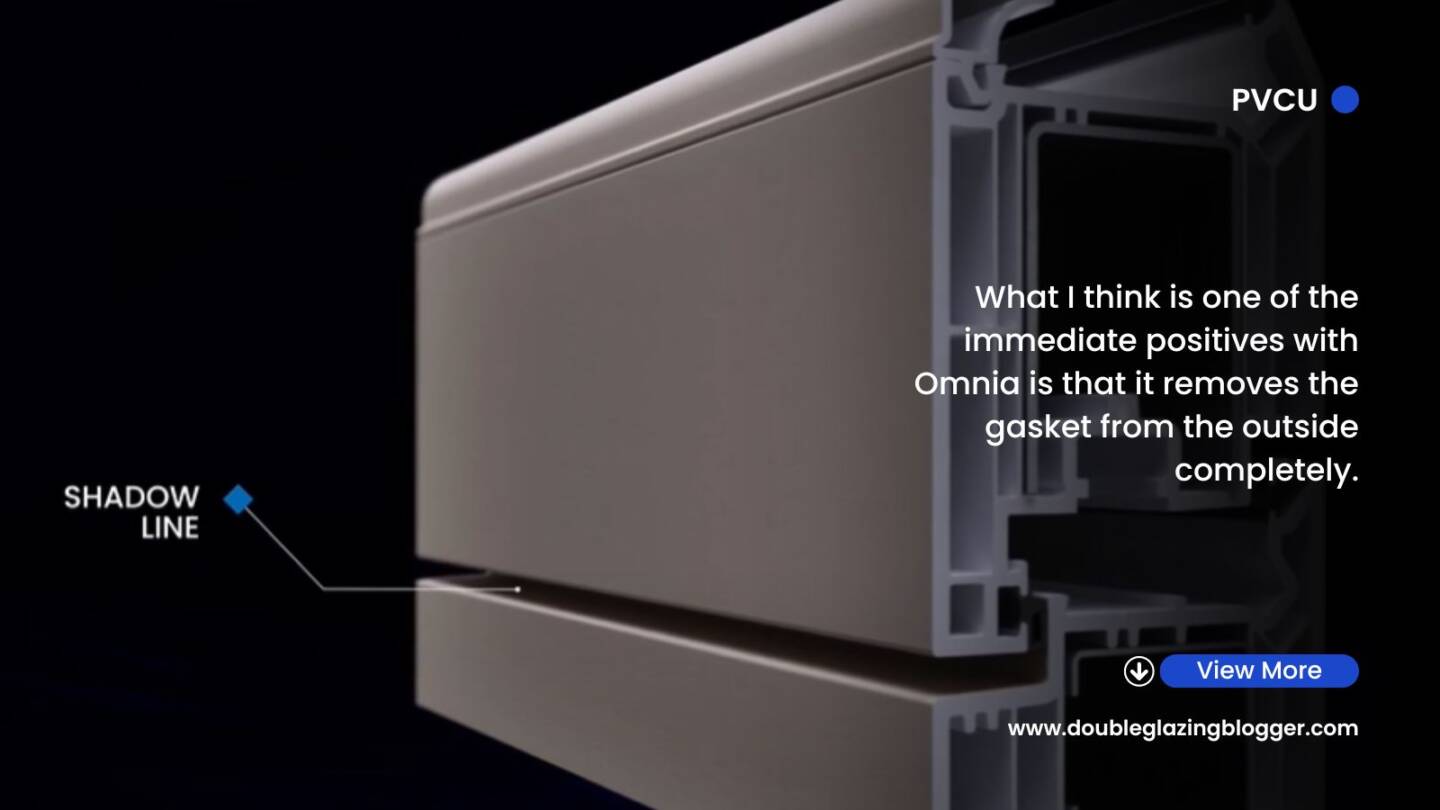You cannot have failed to have noticed that the attitude towards the use of plastics in this world has turned very negative recently. And that’s not a bad thing. So much of it ends up in our oceans, in the life in those oceans, ruining wildlife and habitats alike. It ends up in our food chain and ultimately ourselves as animals eat it thinking it’s food. It washes up on our beaches. It is ruining beauty spots all over the planet. There is even a berg of plastic floating around in the Caribbean that is actually as big as a small island. How sad is that?
We’re ditching single use plastics as quickly as we can. Straws, plastic bags, veg packaging. It’s only now, where we’re at a pinch point when it comes to the climate, that we’re looking properly into use of plastics and recycling. All of this new energy and attention on our use of materials is fantastic. If it helps create a complete cultural change towards plastics, minimises their use and boosts recycling, then that can only be a good thing.
But, and this has already been mentioned to me in private, it will not be long until attention turns towards PVCu windows and doors. The material that most of us have sold for decades and that most of the millions of homes in the UK have fitted. My guess is it could happen later on this year. If and when it does, our industry has a huge problem.
Very bad press
There is very little good news around the use of plastics right now. You can understand why. There is so much of it in the global ecosystem, and it most definitely is ruining our planet. So little of it is recycled, so you can understand why a lot of people want plastics removed from use altogether. Good news for the planet, not so good for the makers of plastic.
This included the PVCu section of the window industry. In this climate where social media helps, pretty much encourages the bandwagon to become offended and appalled at something, I fear it won’t be too long before PVCu windows and doors are the next target.
My other fear is that if there are calls for it to be banned, or for other materials to be used, it will be rather difficult for us to defend the continued use of it.
Think about it, it’s only relatively recently that PVCu recycling has been a thing. In previous decades it’s safe to assume that PVCu post consumer waste has been shoved in the ground. PVCu’s main ingredient is oil, which involves dirty and expensive extraction. A finite material in itself. Even now, with a much greener focus, we can’t exactly say much of what we use now is made from recycled PVCu, even though PVCu itself can be recycled up to ten times before it can no longer be used.
We all know how negative press spreads quicker than positive, and that could be the very thing that causes the most damage. PVCu as a material when in use does have a lot of advantages. It’s very low maintenance. Thermal performance is very good. It’s more cost effective than aluminium and timber. Aesthetically it’s far more advanced than it used to be. It can also be recycled up to ten times, or over a period of about two hundred years if done every twenty years.
But, after that two hundred years, what happens to it? That will be the argument. In the long run, where will PVCu go when it has no shelf life left? What about the stuff that’s already in the ground now? How will our industry respond?
How will the industry respond?
The argument against the use of PVCu windows and doors will come. Given the very quickly changing attitudes towards plastics in society it would be naive to think otherwise. If I were the PVCu part of the sector I would already be coming up with plans in which to respond when the tide starts to turn against it’s products.
It’s natural response will be to boast about the number of times it can be recycled, how they can achieve very high energy efficiency levels and their lower maintenance. All of these are many of the USPs that made the product popular in the first place. But the counter argument will be that it’s dirty and expensive to make, it creates a large carbon footprint, it’s harmful to the environment when it’s recyclable life ends, and that decades worth of old PVCu windows and doors are already laying underground in landfill. Hard to argue against that.
The next step will be for the industry to really start to get into the green feeling. I think there will be a massive push from systems companies to introduce part or fully recycled profiles to replace their virgin PVCu products. Social and environment pressure will make that happen before demands from installers and fabricators do. But the nature of the world is such that when the bandwagon speaks, hands are forced.
This may continue for a while. Gradually virgin PVCu could die off as the window industry tries desperately to adapt to a world that is quickly focusing on environmental issues. During this time though, it’s likely that aluminium and timber windows and doors will continue to surge further as they may be seen by home owners as the greener option. I think timber could do particularly well if PVCu does come under the same sort of pressure other plastic products have come under recently.
In the very long run, my outlook for PVCu is negative. Eventually I can see the industry ditching PVCu altogether as the social movement against plastics eventually kills off many other plastic products. This perhaps something two decades down the line, maybe even further. But the argument will soon move from recycling plastic products to removing them from use in our daily lives altogether. It’s not the fact that they can be remade into something else, but that the actual product of plastics, including PVCu windows and doors, is a dirty and expensive process that still damages the environment.
So, long live timber I guess!
To get weekly updates from DGB sent to your inbox, enter your email address in the space below to subscribe:






